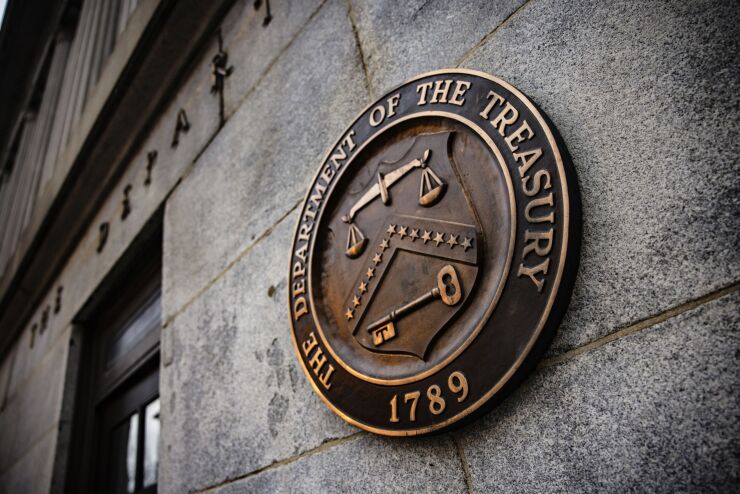The Treasury Department and the Internal Revenue Service issued a
The 2014 law allows tribal governments to provide nontaxable assistance and benefits to tribal members that are excludable from their gross income for federal income tax purposes. The proposed rules would provide that gross income does not include the value of any Indian general welfare benefit paid to or on behalf of a tribal citizen of a tribal nation. They were the result of a historic level of three pre-regulation consultations with tribal nations and multiyear consultation with the Treasury Tribal Advisory Committee in partnership with Treasury's Office of Tribal and Native Affairs, Office of Tax Policy, and the Internal Revenue Service.
A decade ago, Congress passed the Tribal General Welfare Exclusion Act of 2014 to provide an expanded general welfare exclusion specifically for tribal programs that improved upon the historical administrative general welfare exclusion. The law also created the

Reflecting input from the TTAC and tribal Leaders, the proposed regulations affirm the views of the Treasury and the IRS that the Indian tribal governments themselves are in the best position to determine support for their tribal citizens. Under the proposed regs, Indian tribal governments have flexibility to design general welfare programs that consider a tribe's unique cultural practices, history and traditions. In addition, the proposed regulations provide deference to tribal governments on certain issues, including whether benefits are for the promotion of general welfare and whether benefits are provided in exchange for participation in cultural or ceremonial activities.
The proposed regs also address the statutory prohibition of "lavish or extravagant" tribal general welfare benefits. The Treasury and the IRS agreed with the TTAC and tribal leaders that whether a benefit is lavish or extravagant should be based on the facts and circumstances at the time the benefit is provided, including the tribe's culture, cultural practices, history, geographic area, traditions, resources, and economic conditions or factors. The proposed regulations therefore provide that a benefit will be presumed to not be lavish or extravagant if it is described in, and provided in accordance with, written specified guidelines that Indian tribal governments establish for their programs.
Section 3(b)(2) of the 2014 law requires consultation with the TTAC in establishing the required education and training of IRS employees and the provision of training and technical assistance to tribal financial officers. Section 4 of the act includes a temporary suspension of certain IRS enforcement actions.
Consistent with the TTAC and tribal leader comments, the proposed regulations provide that the temporary suspension of audits and examinations described in Section 4 of the act will not be lifted until the education and training prescribed by Section 3(b)(2) of the act is completed.
The Treasury is





